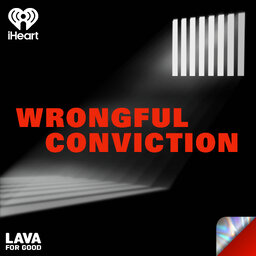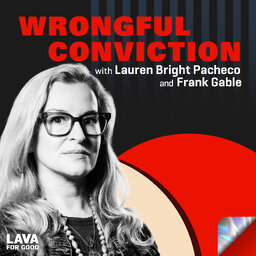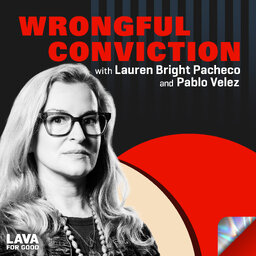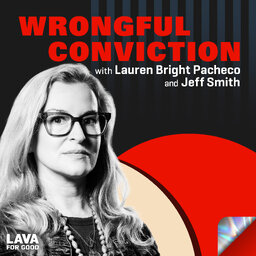#095 Jason Flom with Joe Berlinger
In the late 80’s and early 90’s, the US found itself wrapped up in the “Satanic Panic” - a general state of fear revolving around Satanism and satanic ritual, real or imagined. On May 5th, 1993, in West Memphis, AR, three 8-year-old boys—Steven Branch, Michael Moore, and Christopher Byers—were reported missing. Their lifeless bodies were found the following day in a Robin Hood Hills creek, naked and hogtied. Christopher Byers had suffered lacerations, and his genitals had been mutilated. Details of the bizarre and brutal scene in Robin Hood Hills brought Satanic Panic to a fever pitch in the largely conservative Christian city of West Memphis. Coming off their first film success with Brother’s Keeper, documentarians Joe Berlinger and Bruce Sinofsky were tapped by HBO documentaries to head down to get the story. Joe Berlinger sits with Jason Flom and recalls his experience of the case, the moments that inspired his fight for criminal justice reform, and the films and events that have helped shape public opinion of wrongful convictions.
Wrongful Conviction is a production of Lava For Good™ Podcasts in association with Signal Co. No1.
We have worked hard to ensure that all facts reported in this show are accurate. The views and opinions expressed by the individuals featured in this show are their own and do not necessarily reflect those of Lava for Good.
 Wrongful Conviction
Wrongful Conviction


